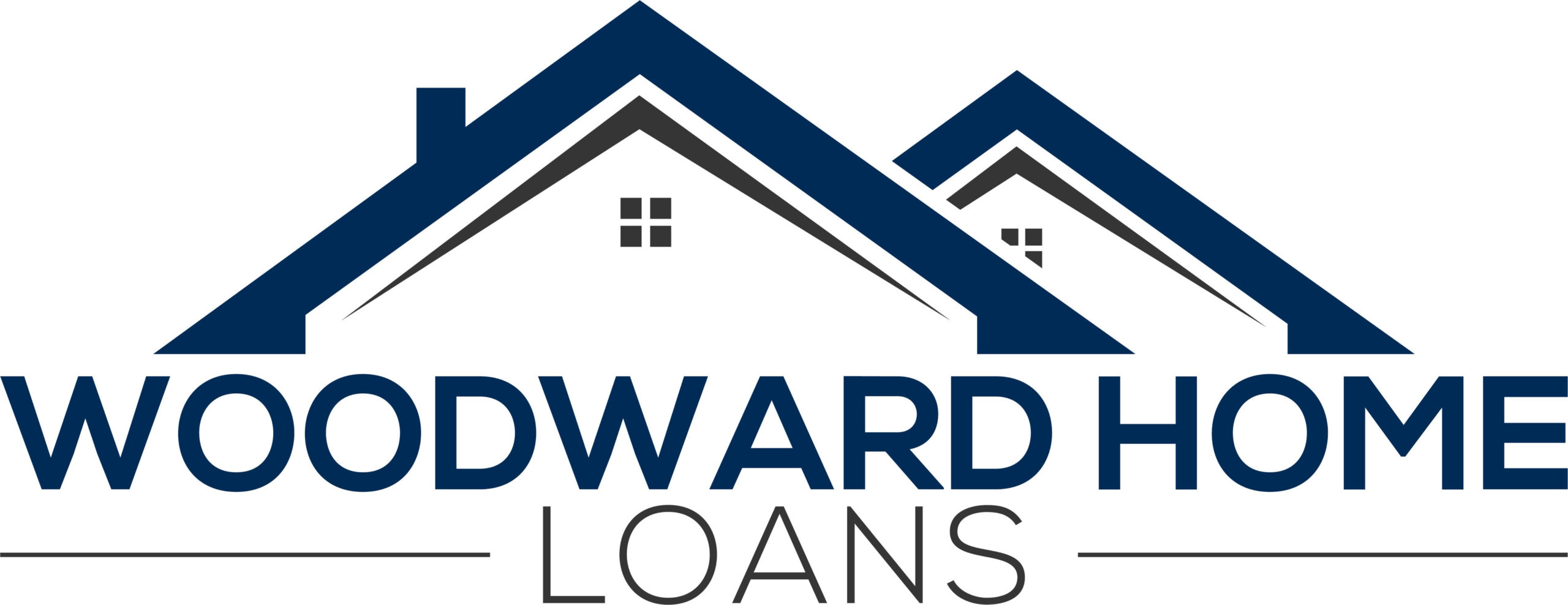Shop At Haya: Your Ultimate Shopping Guide
Discover the best shopping tips, trends, and deals for a smarter buying experience.
Home Loans: The Financial Relationship You Never Knew You Needed
Unlock the secrets of home loans and discover the essential financial relationship you didn't know you needed for your dream home!
Understanding Home Loans: Key Terms You Need to Know
When navigating the world of home loans, it’s essential to familiarize yourself with key terms that will impact your borrowing experience. One of the most important terms is interest rate, which determines the cost of borrowing money. Interest rates can be either fixed or variable, affecting your monthly payments and overall loan amount. Another crucial term is down payment, the upfront amount you pay toward the purchase price of your home. This payment typically ranges from 3% to 20% and influences both the size of your mortgage and your loan’s approval process.
Understanding mortgage types is equally vital. There are various options available, such as conventional loans, which are not insured by the government, and FHA loans, backed by the Federal Housing Administration to help first-time buyers. Additionally, being aware of the loan-to-value (LTV) ratio is crucial, as it helps lenders assess risk by comparing the amount of the loan to the appraised value of the property. By mastering these terms, you can make more informed decisions when applying for a home loan.

5 Common Myths About Home Loans Debunked
When it comes to obtaining a home loan, many potential buyers fall prey to common myths that can hinder their decision-making process. One of the most prevalent misconceptions is that you need a 20% down payment to qualify for a mortgage. In reality, various loan programs allow for much lower down payments, sometimes as little as 3%. Additionally, some lenders may even offer assistance for first-time homebuyers, making it easier to get started on your homeownership journey.
Another widespread myth is that having bad credit automatically disqualifies you from getting a home loan. While it's true that poor credit scores can pose challenges, many lenders are willing to work with buyers to help them secure financing. Factors such as your income, employment history, and savings can often offset a less-than-perfect credit score. It's essential to explore all your options before dismissing the idea of obtaining a mortgage based solely on credit concerns.
How to Choose the Right Home Loan for Your Financial Situation
Choosing the right home loan is crucial for ensuring your financial health. Start by assessing your financial situation, including your credit score, income, and existing debts. A higher credit score can qualify you for better interest rates, so it's wise to check your score and address any issues before applying. Additionally, consider how much you can afford to pay monthly without straining your budget, taking into account all related costs such as property taxes and insurance. Create a list of questions to ask potential lenders, such as:
- What types of loans do you offer?
- What are the interest rates and fees associated with each loan?
- What is the loan's term length?
Next, evaluate the different types of home loans available to determine which one best fits your situation. Fixed-rate loans offer predictable payments and are suitable for long-term homeowners, while adjustable-rate mortgages (ARMs) might be appealing if you plan to sell or refinance in a few years. Don't overlook government-backed loans, such as FHA or VA loans, which can offer lower down payment options and competitive rates. Ultimately, take your time to compare offers and calculate the total costs to ensure you make the best decision for your financial situation. Remember, the right home loan can not only help you buy your dream home but also secure your financial future.